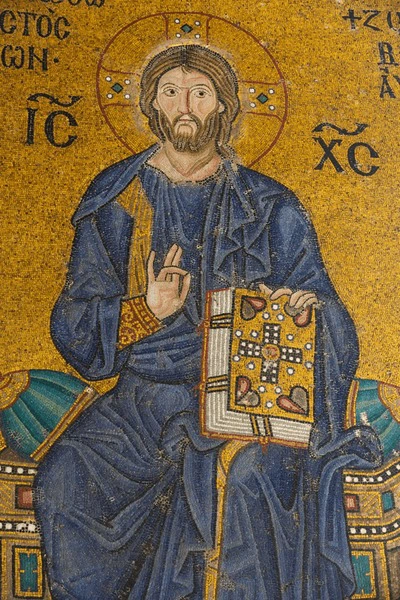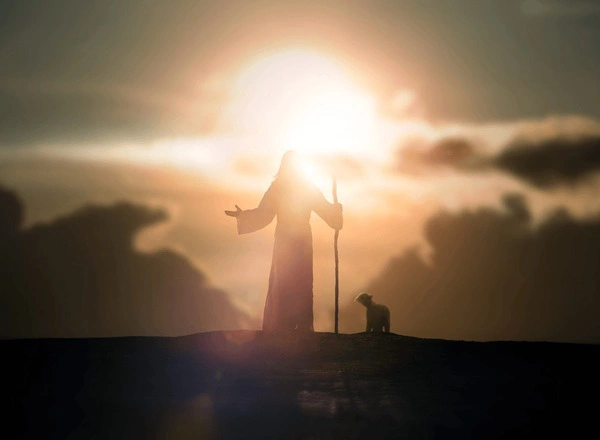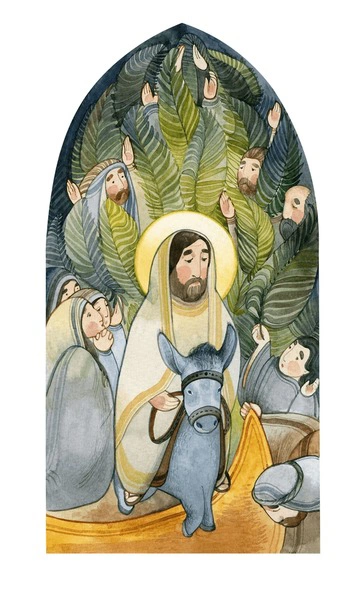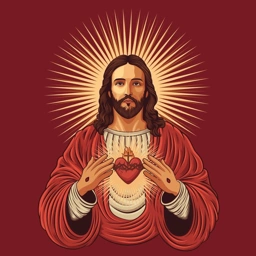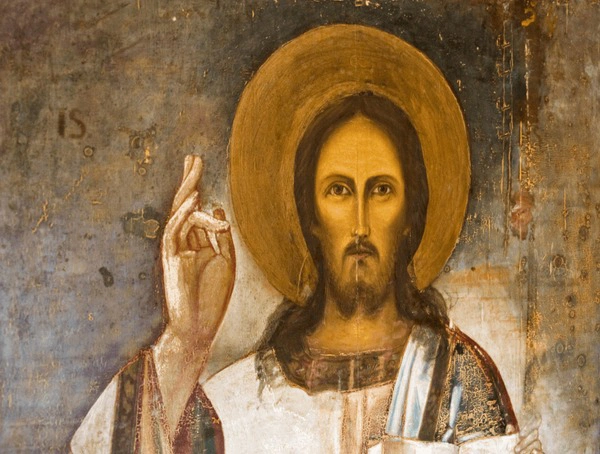
Matthew 1:16: Mary and the Fulfillment of Prophecy
Verse 16 of Matthew's genealogy identifies Jesus as the son of Mary, emphasizing her critical role in fulfilling the prophecy of the Messiah. This narrative highlights the importance of lineage, the significance of the title 'Christ,' and offers timeless lessons for today's challenges.
Emily Carter
26/11/2024 - 7 months ago

The Importance of Genealogy in Matthew
In the opening chapter of the Gospel of Matthew, the genealogy of Jesus Christ is meticulously laid out. This genealogy is not just a list of names; it serves a profound purpose in establishing Jesus' rightful place in Jewish history and prophecy. For a Jewish audience, lineage was crucial in establishing one's identity and heritage, particularly when it came to fulfilling the prophecies concerning the Messiah.
Matthew's genealogy traces Jesus' lineage back to significant figures in Jewish history, such as Abraham and David. This connection underscores the fulfillment of God's promises to these patriarchs. For instance, God promised Abraham that through his offspring, all nations would be blessed, and to David, that his kingdom would endure forever. By linking Jesus to these figures, Matthew emphasizes that Jesus is the long-awaited Messiah.
Verse 16 is the climax of this genealogical record, highlighting Mary, the mother of Jesus. The mention of Mary is significant because it establishes Jesus' birth as a divine event, distinct from the usual paternal lineage. This emphasis on Mary highlights her vital role in the fulfillment of prophecy and sets the stage for the miraculous birth narrative that follows.
Mary's Role in the Christian Narrative
Mary, the mother of Jesus, stands out as a pivotal figure in the Christian narrative. Her story is not just about motherhood but about faith, obedience, and the fulfillment of God's promises. Unlike other names in the genealogy, Mary is uniquely highlighted because Jesus' birth was a divine intervention, brought forth through the Holy Spirit, marking a departure from the traditional lineage through the father.
In Matthew 1:16, we read that "Jacob was the father of Joseph, the husband of Mary, of whom was born Jesus, who is called Christ." This phrasing is intentional, emphasizing that Jesus was born of Mary, not Joseph. This distinction is crucial as it underscores the virgin birth, a cornerstone of Christian doctrine that fulfills Isaiah’s prophecy: "The virgin will conceive and give birth to a son, and will call him Immanuel."
Mary’s acceptance of her role, as depicted in the Gospels, showcases her profound faith and willingness to be part of God's divine plan. Her response to the angel Gabriel's announcement, "I am the Lord’s servant," reflects her humility and strength. This act of faith sets a remarkable example for believers, illustrating how God can use ordinary individuals to accomplish extraordinary things.
The Significance of the Title 'Christ'
The title 'Christ' is not merely a surname but a pivotal designation that holds deep theological significance. Derived from the Greek word 'Christos,' it means 'anointed one,' equivalent to the Hebrew 'Messiah.' In Matthew 1:16, Jesus is explicitly identified as the Christ, affirming His role as the anointed savior sent to fulfill God’s plan for salvation.
Throughout the Old Testament, various figures were anointed for specific roles, such as kings and priests. However, the promise of the Messiah was unique, referring to a savior who would deliver the people from sin and reconcile them with God. By calling Jesus the Christ, Matthew affirms that Jesus is the fulfillment of these messianic prophecies, offering hope and redemption to all.
Understanding Jesus as the Christ underscores the transformative power of His ministry and mission. His teachings, miracles, and ultimate sacrifice on the cross are seen as the fulfillment of God’s promises, bringing spiritual freedom and eternal life to those who believe. For believers, acknowledging Jesus as the Christ is central to their faith, guiding their understanding of His divine purpose and their own spiritual journey.
Connecting Scripture to Modern Challenges
In today’s world, the genealogical record and the narrative of Jesus' birth in Matthew 1:16 offer timeless lessons. They remind us that, like Mary, we can be part of something greater than ourselves, even in humble circumstances. Her story encourages us to embrace our roles with faith and trust in God's plans, no matter how daunting they may seem.
The identification of Jesus as the Christ in this verse offers hope and reassurance amid modern challenges. It reminds believers of the constant presence of a savior who understands human struggles and offers guidance and peace. In times of uncertainty, turning to the teachings and example of Jesus can provide direction and comfort.
Ultimately, Matthew 1:16 invites us to reflect on our own lives and the roles we play within God’s greater narrative. It challenges us to live with purpose, recognizing that our actions and faith can contribute to a legacy of love and redemption. By seeing ourselves as part of this ongoing story, we can find strength and inspiration to face life's challenges with confidence and grace.


